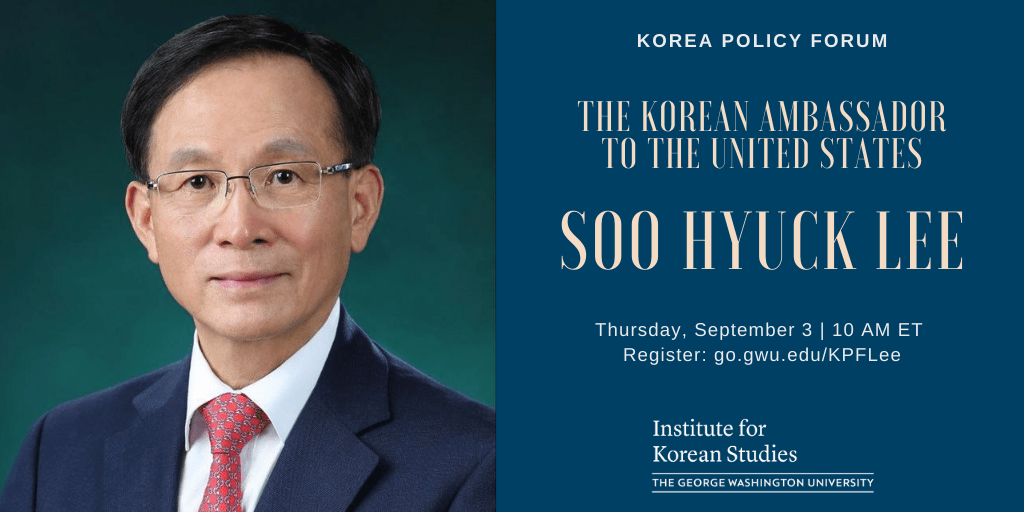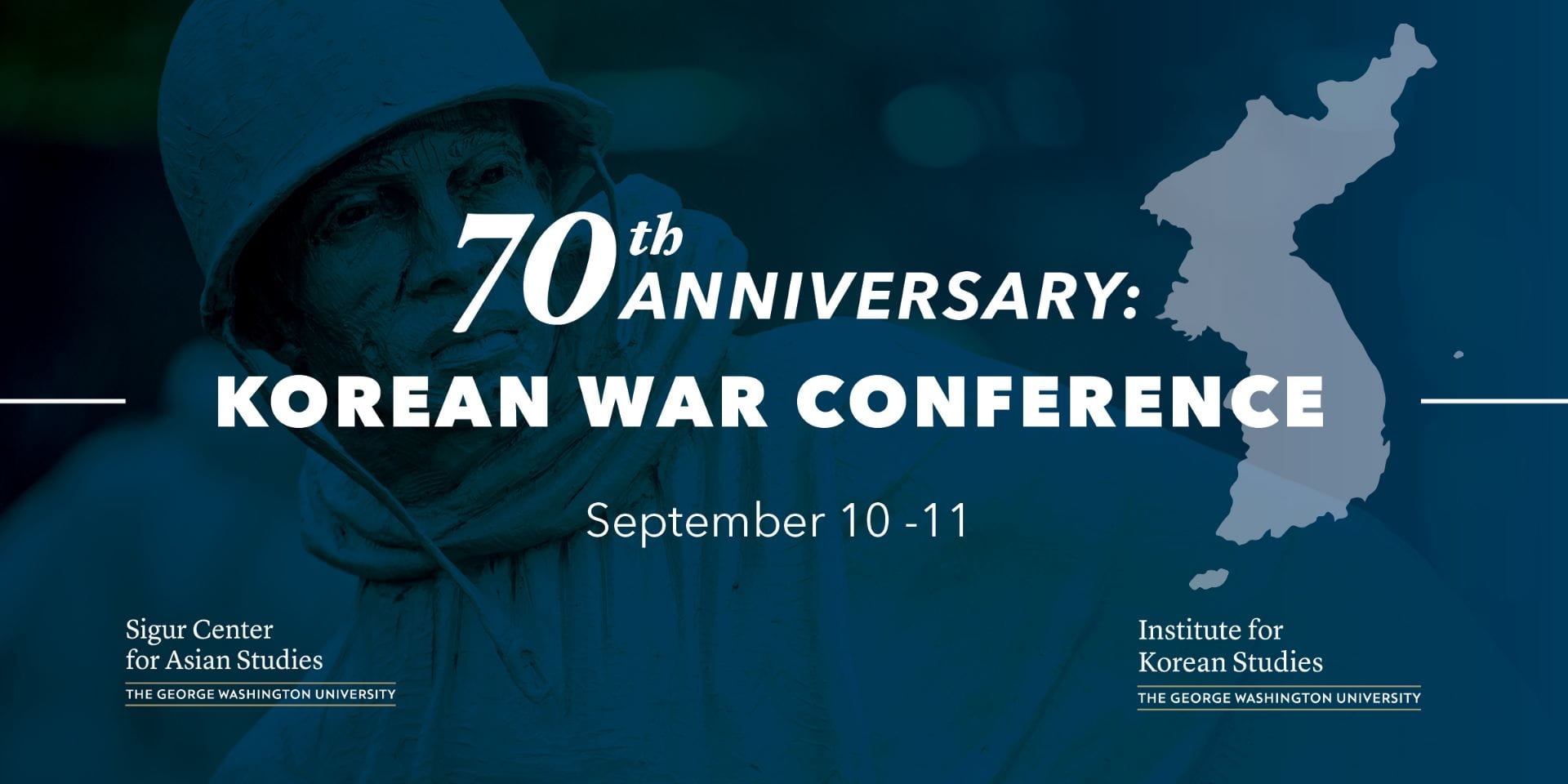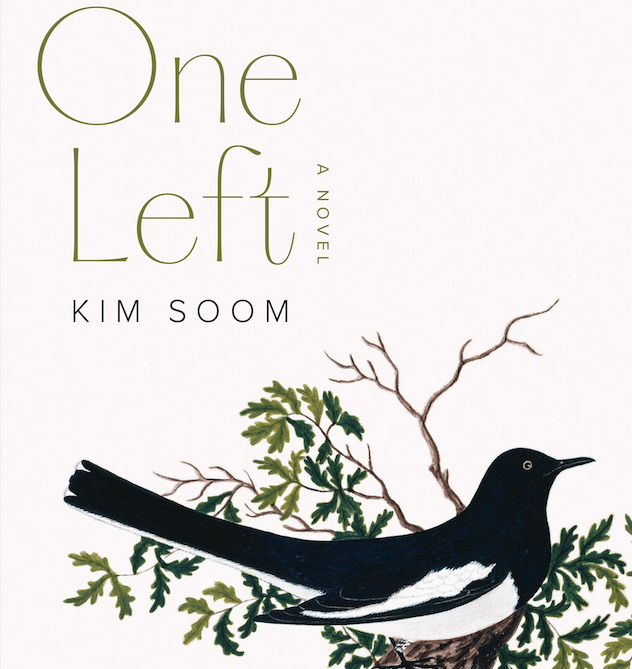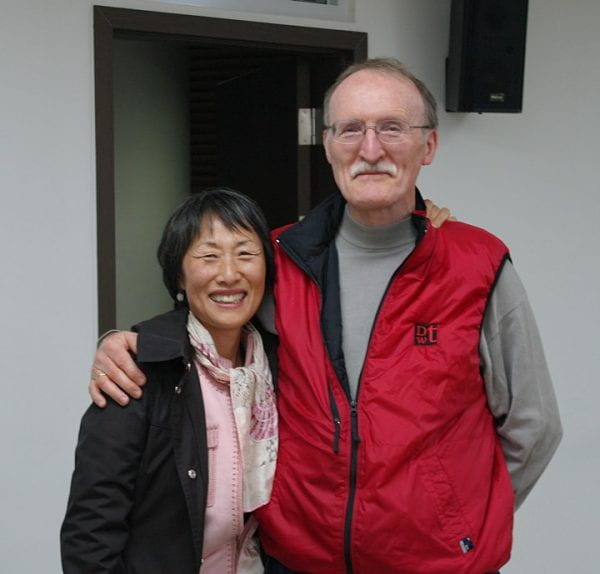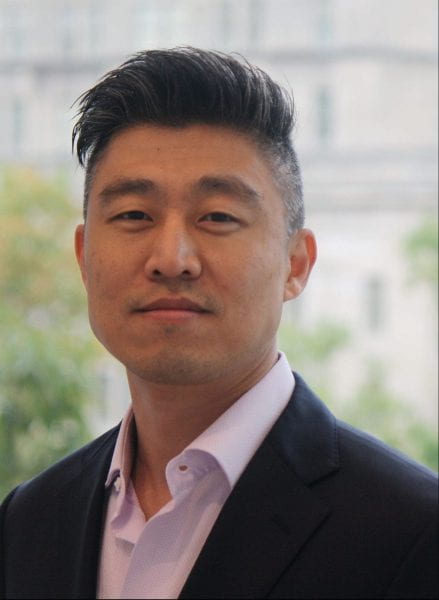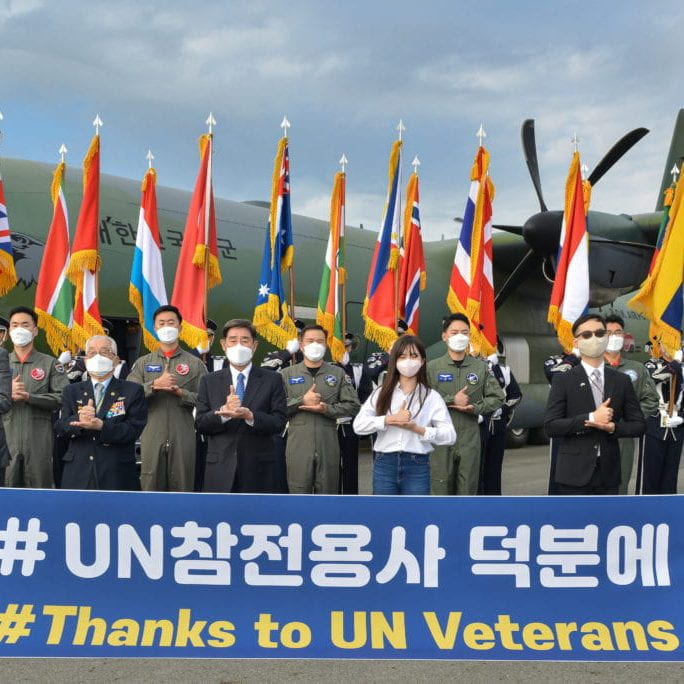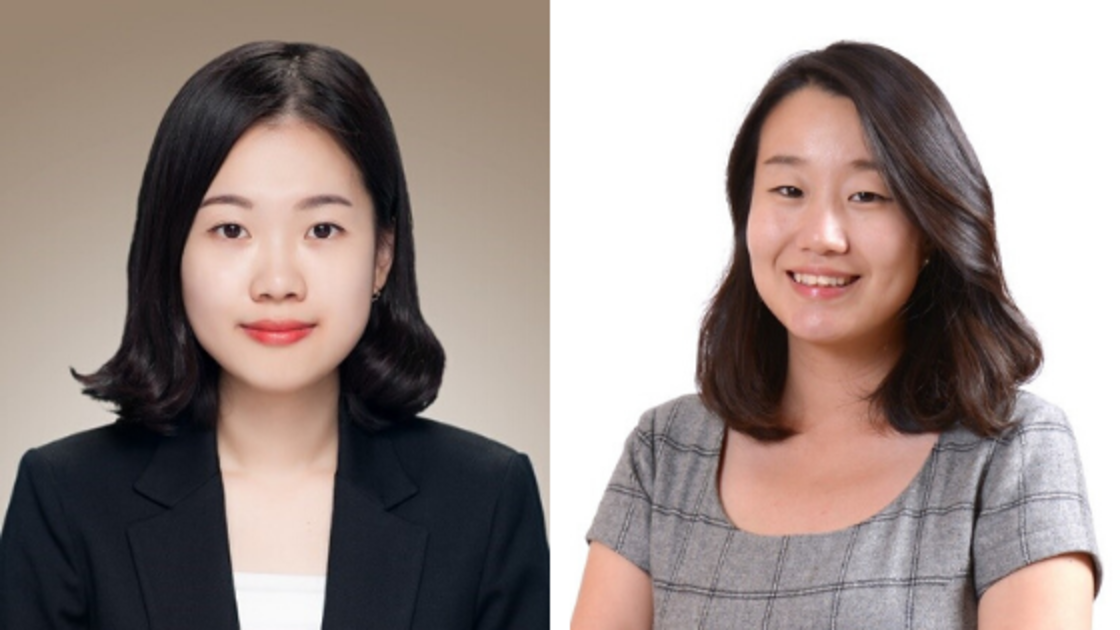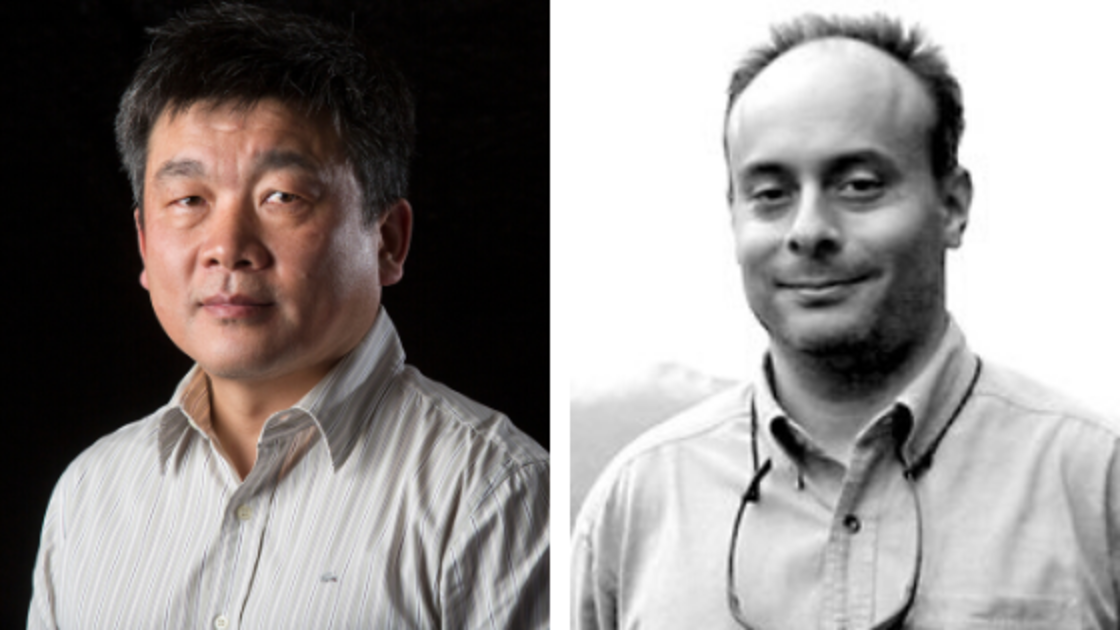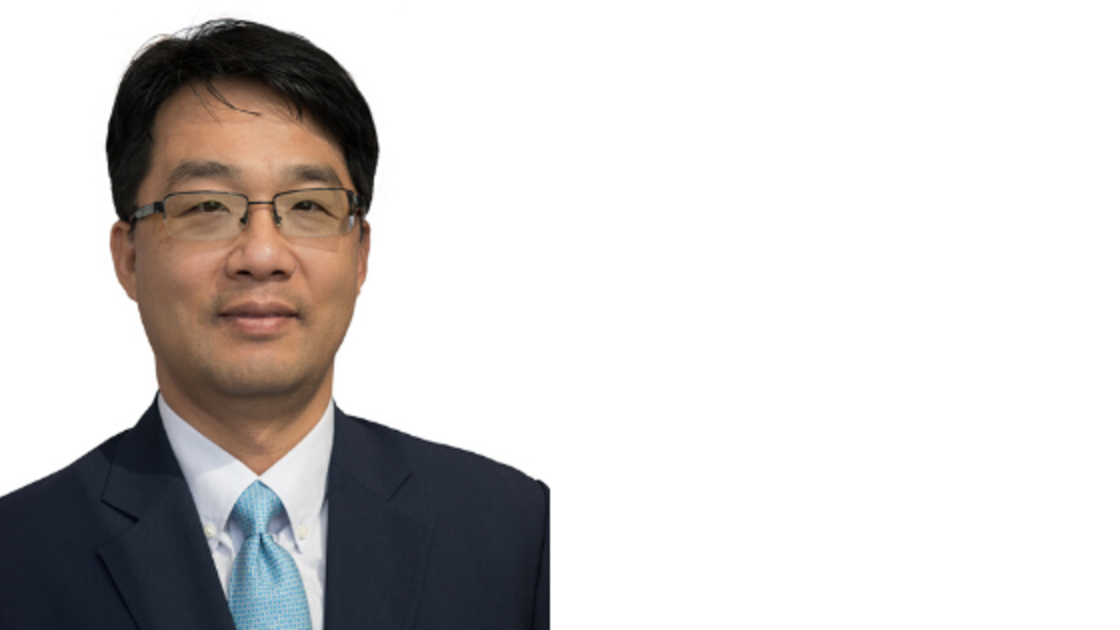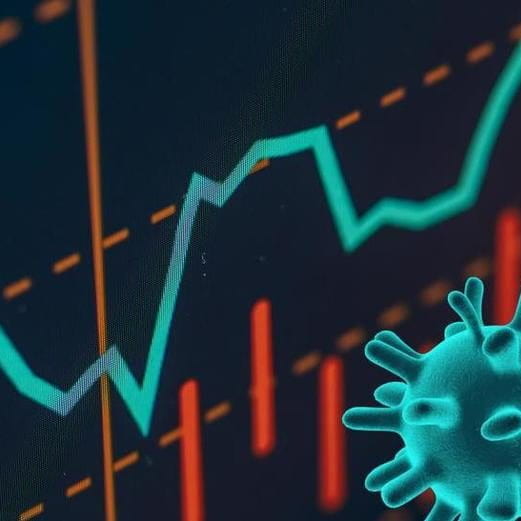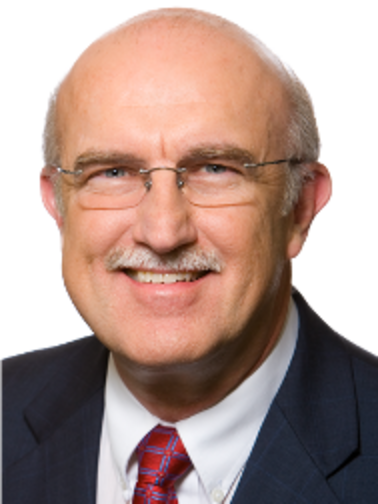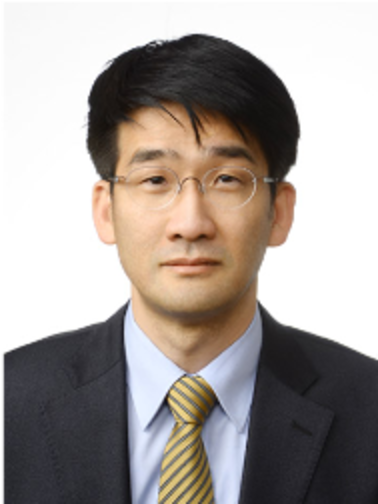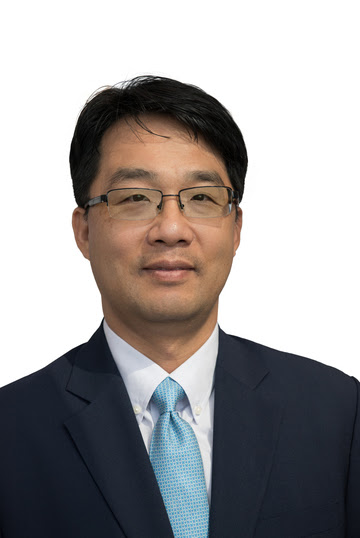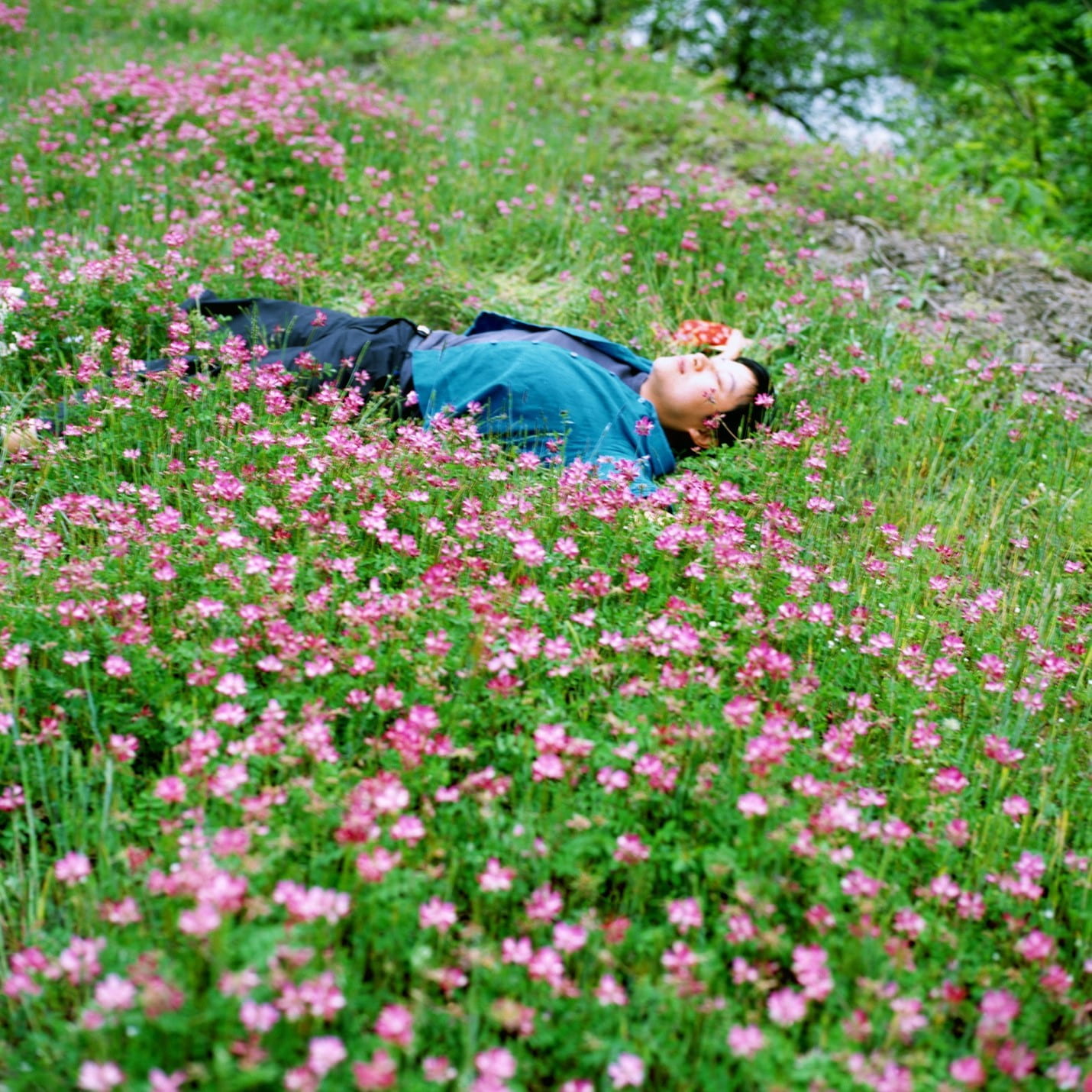Thursday, September 3, 2020
10:00 a.m. – 11:00 a.m. ET
Livestream via Zoom
If you have a question for Ambassador Lee, please submit it when you complete the guest registration. Registered guests will receive Eventbrite confirmation email with details for joining the virtual event. This event is on the record and open to the public.
Event Description
During the last seventy years, the bilateral relationship between the Republic of Korea and the United States of America has been a lynchpin through which peace and stability has been maintained in Northeast Asia. A relationship that was originally a military alliance has evolved to become a partnership incorporating political, economic, and cultural cooperation as well.
The ongoing pandemic has proven to be another area where the partnership has demonstrated real results, as both country’s governments and businesses have undertaken new measures to cooperate in areas related to health and welfare and worked to reinvigorate bilateral trade.
Please join us for an online discussion with Soo Hyuck Lee, the Korean Ambassador to the United States, as he looks back on the evolution of seventy years of bilateral cooperation and examines what lies ahead for the relationship’s next seventy years.
Speaker
Soo Hyuck Lee, Ambassador of the Republic of Korea to the U.S.
An experienced Diplomat and former Legislator, Ambassador Lee has served as Korean Ambassador Extraordinary and Plenipotentiary to the United States since October 2019. Prior to his appointment, Ambassador Lee served as a Member of the 20th Korean National Assembly, where he was a member of the Foreign Affairs and Unification Committee, an Endowed Chair Professor at Dankook University in Seoul and First Deputy Director of the National Intelligence Service. He was previously the Ambassador to Germany, Deputy Minister for Political Affairs at the Ministry of Foreign Affairs and Trade, Ambassador to the Federal Republic of Yugoslavia, and Minister Counselor at the Korean Embassy in the United States. Ambassador Lee has published multiple works, including Conversations with Unified Germany (2006), Transforming Events – Analysis of North Korea’s Nuclear Issues (2008) and North Korea is a Reality (2011). He has twice been awarded the Order of Service Merit. He received his BA in International Relations from Seoul National University and MA in Political Science from Yonsei University. He is married with two sons.
Moderator

Jisoo M. Kim, Director, GW Institute for Korean Studies
Jisoo M. Kim is Korea Foundation Associate Professor of History, International Affairs, and East Asian Languages and Literatures and Director of the Institute for Korean Studies at GW. She received her Ph.D. in Korean History from Columbia University. She is a specialist in gender and legal history of early modern Korea. Her broader research interests include gender and sexuality, crime and justice, forensic medicine, literary representations of the law, history of emotions, vernacular, and gender writing. She is the author of The Emotions of Justice: Gender, Status, and Legal Performance in Chosŏn Korea (University of Washington Press, 2015), which was awarded the 2017 James Palais Prize of the Association for Asian Studies. She is also the co-editor of The Great East Asian War and the Birth of the Korean Nation by JaHyun Kim Haboush (Columbia University Press, 2016). She is currently working on two book projects titled Suspicious Deaths: Forensic Medicine, Dead Bodies, and Criminal Justice in Chosŏn Korea and Sexual Desire and Gendered Subjects: Decriminalization of Adultery Law in Korean History.
The Korea Policy Forum is made possible by a generous grant provided by the KDI School of Public Policy and Management.
